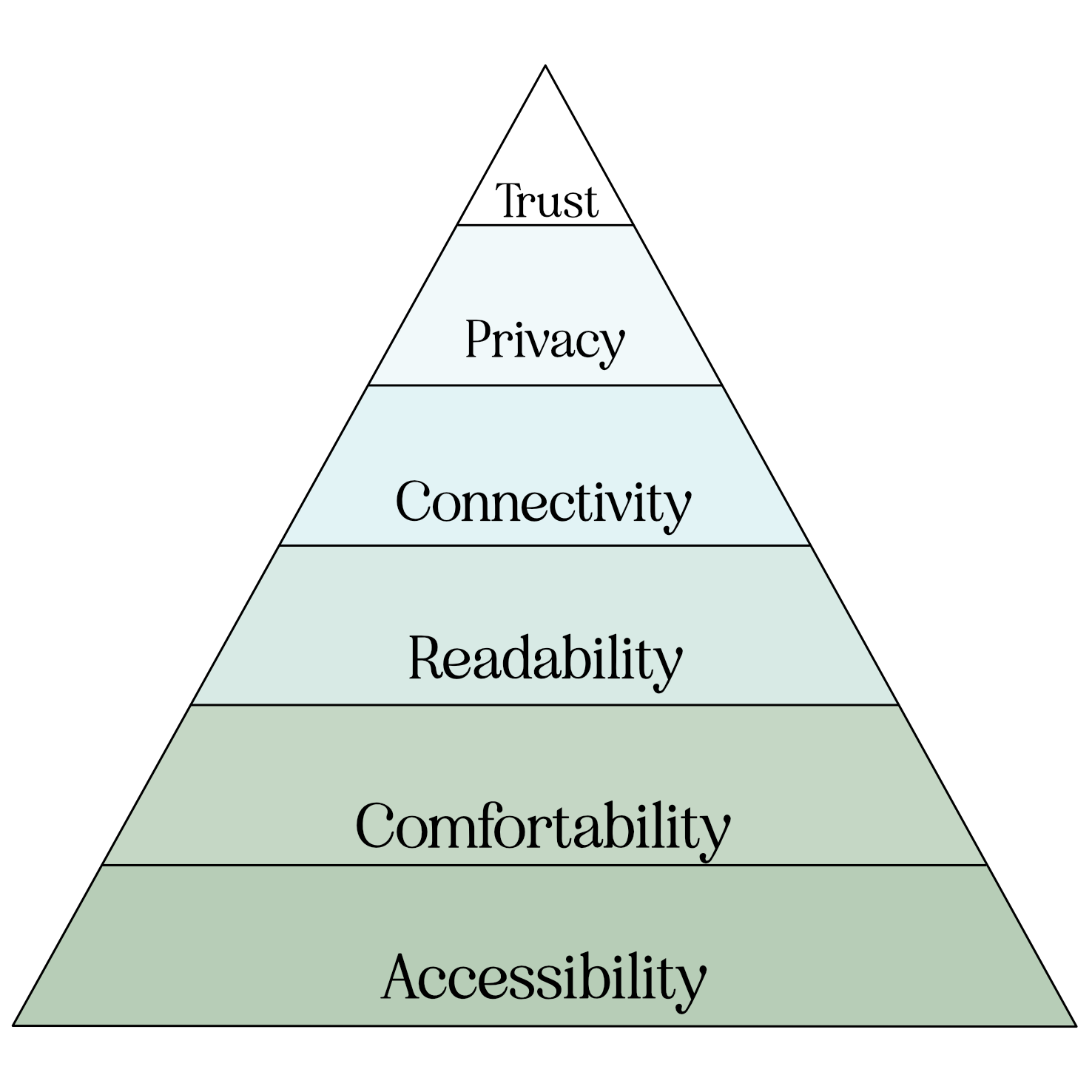Can You Use AI for SEO in 2024?
I recently sat down with Kevin Willett of New England B2B Networking to talk about how AI has evolved over the past year—and whether or not you can reliably use AI tools for SEO.
How is AI changing?
Kevin: There's been some changes to AI since we last spoke about it, right? Let's talk about them.
Emily: We have seen a lot of changes recently with AI. I know you and I had talked about AI in the past. And at that time, ChatGPT, which is a really big AI tool that lots of people are using, wasn't able to regularly connect to the Internet. And now it can if you pay for their premium subscription. You can use ChatGPT to browse Bing right while you're chatting. So I see a lot of people starting to ask, you know, "now that it can connect to the Internet, can this really replace doing a Google search? Can I use it for business research? Can I use it for SEO?"
And there's still a lot of unknowns that a lot of people are experiencing around that topic.
Which AI tool should someone use?
Kevin: I've been seeing commercials for different AI tools. How do I know which one to use? Is one of them better than the other at maybe writing content?
Emily: That's a good question. There are some tools that are specifically designed to write content—but they actually all use the same technology that either ChatGPT or one of its biggest competitors, Claude, uses. Those two programs built the backbone of most of the AI writing tools you see today. So, personally, I don't really think it's worth it to pay the premium for an AI writing tool. If you really want to try and do AI writing, I would just use ChatGPT or Claude—you're going to get similar results.
Now that said, it's not good for all kinds of writing. It still tends to fall off a cliff, we'll say, when you try to write something long, and there's a reason for that. It's based around probability and how many different variations something can have—it's math. But you can explore using it for really short form things, like an email or maybe the summary for one of your YouTube videos.
Can AI help with keyword research?
Kevin: Can it help me determine what keywords I should be focusing on?
Emily: Unfortunately, no. Not yet. Now if you try to ask ChatGPT, Google's Gemini, or Claude to give you keywords, a lot of times they will produce an answer that has keywords, and it'll tell you how many searches there are per month. And it looks good on the surface, but what you're actually seeing is called hallucination. The AI tool is just making something up.
I have tried this many times by asking different AI tools to help me with keyword research, and give me some information about how popular different terms are. They are always wrong. I go and I check these keywords against paid SEO tools that I use. They're wrong, and not by a little bit. I'm talking by, like, tens, if not hundreds of thousands of searches a month wrong in the estimation they're giving. So while you could try using ChatGPT to write headlines for your SEO blog posts, or, like I said, emails, you still need to do your own keyword research using Google or work with someone who can give you a report of keywords.
Kevin: It still seems a little scary, to be honest. If I'm relying on it and it's not correct, I'm thinking, "Hey, wow! You know, I'm learning all these new keywords I should be using"…and then find out that I may be putting my efforts in the wrong area.
Emily: Yes. It is definitely scary that it can give you answers that seem confident, so to speak, and seem correct, but they're actually really wrong. And I personally am nervous that a lot of busy business owners are going to put time into using this tool, and then creating content and doing SEO things based on what this tool tells them, and they're actually going to be wasting their really valuable time because it's all wrong.





